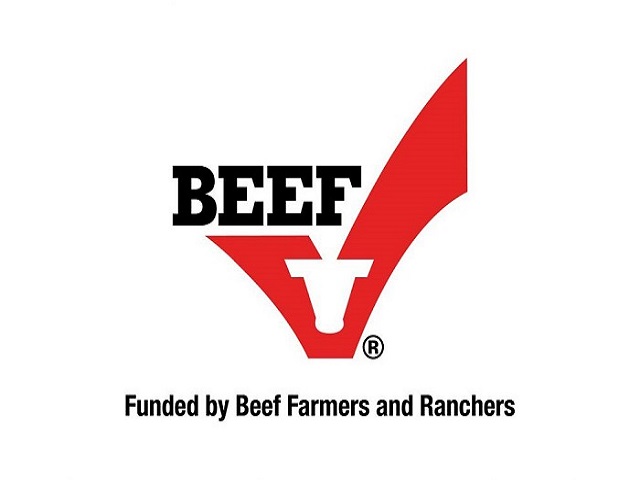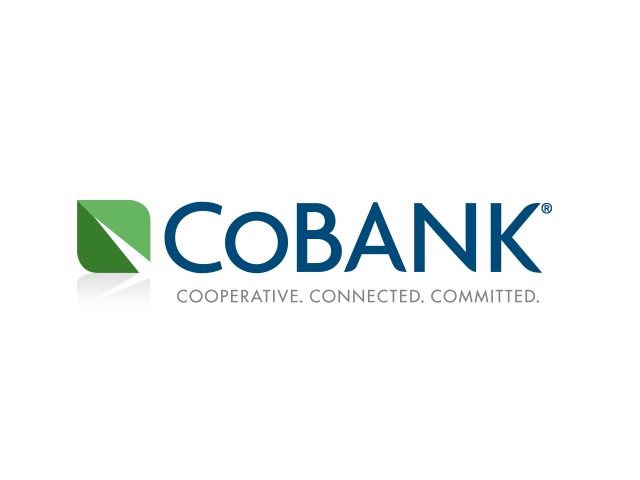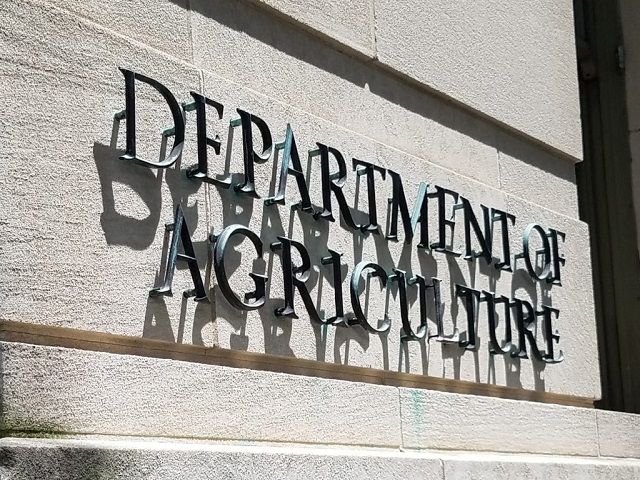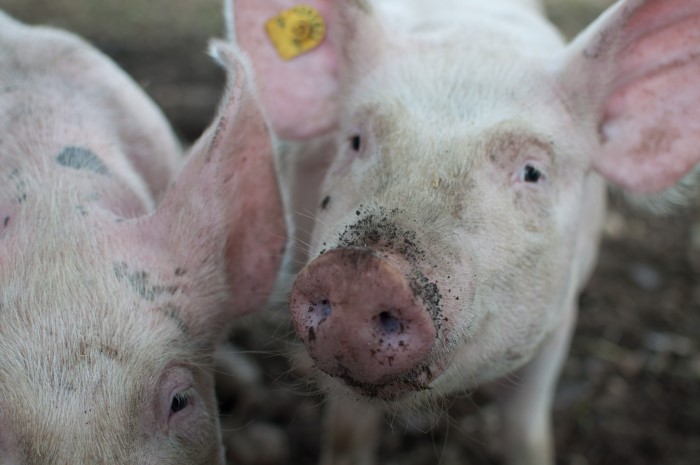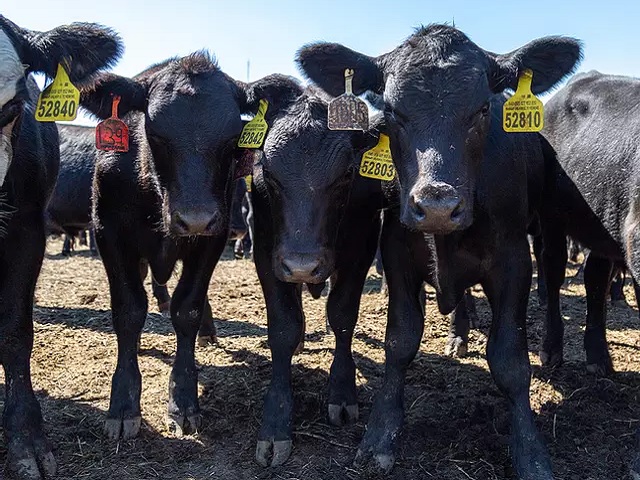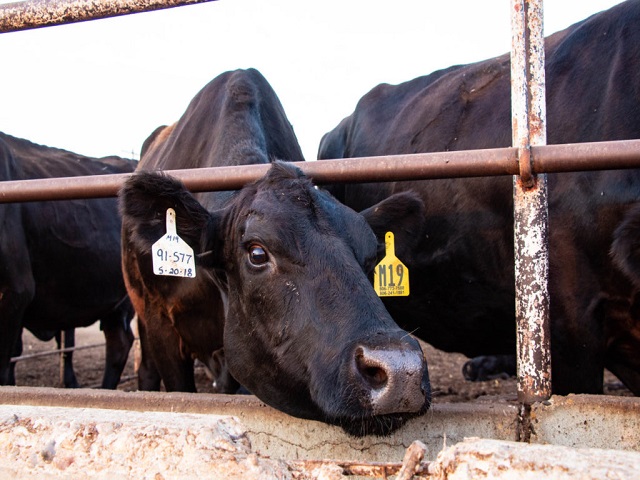Few Ethanol Plants Profitable, Consolidation or Closures Expected
DENVER, CO – Excess production capacity, and reduced demand will force the U.S. ethanol industry to transform its business model to create more value and improve its operational efficiency, according to a new report from CoBank’s Knowledge Exchange. Brazil has emerged as a formidable export competitor, claiming U.S. global ethanol market share due to a weak currency and access to cheap sugar. While ethanol industry margins have been low in recent years, top-tier operators have continued to earn attractive margins and many middle-tier operators have produced positive margins over the past five years. These operators’ margins have been driven by their close proximity to corn, the ability to buy basis cheap, and the use of advanced processing technologies to drive higher yields. Declining input costs for corn and natural gas have also helped operating margins. Co-products, however, have helped producers by providing revenue and margin diversification. In 2019, the U.S. ethanol industry generated nearly 40 million metric tons of additional co-products beyond ethanol fuel in the form of distillers grains, gluten feed, and gluten meal for use in animal feed – not to mention a lucrative market for carbon dioxide or CO2. As the industry transforms, weaker players will likely be forced to exit through consolidation or plant closures.
(SOURCE: CoBank)















